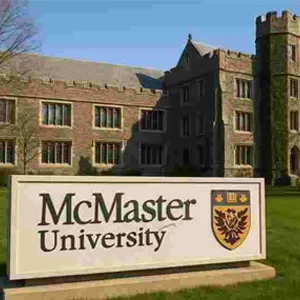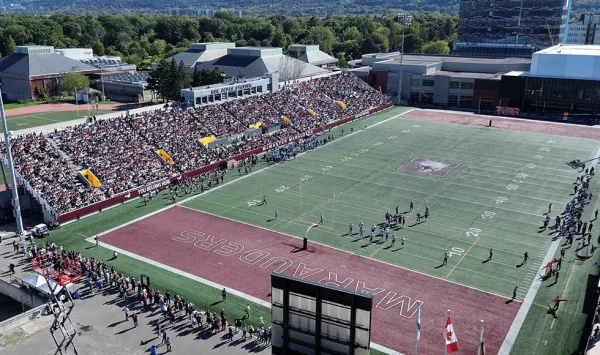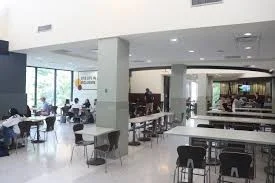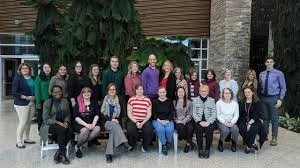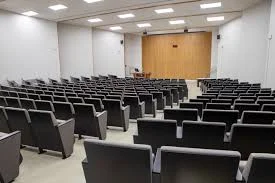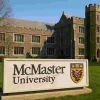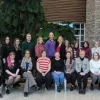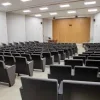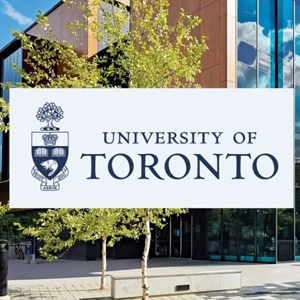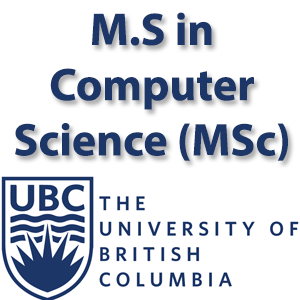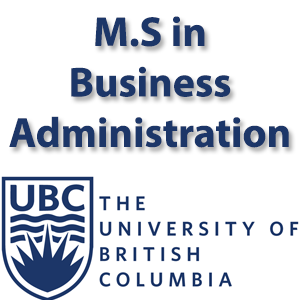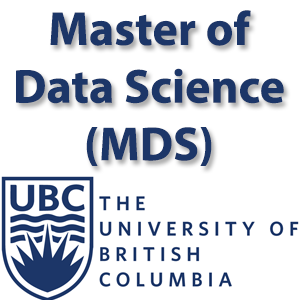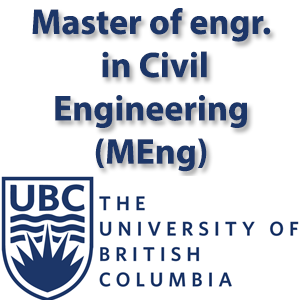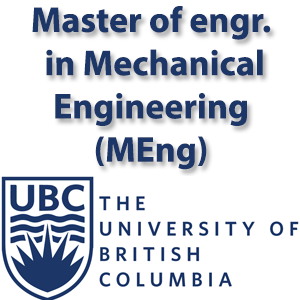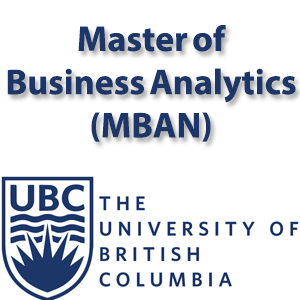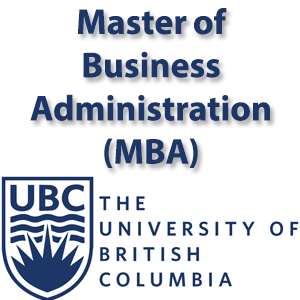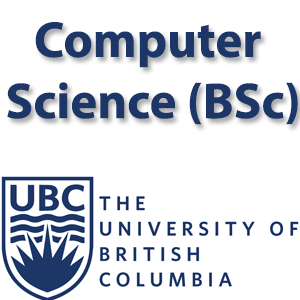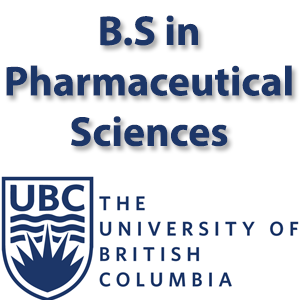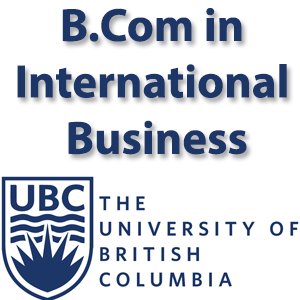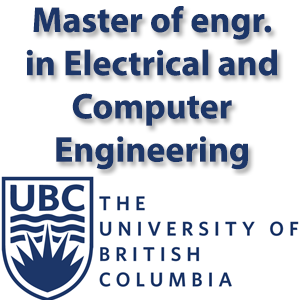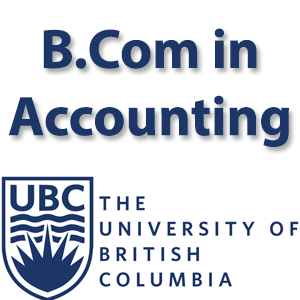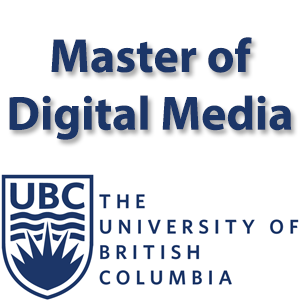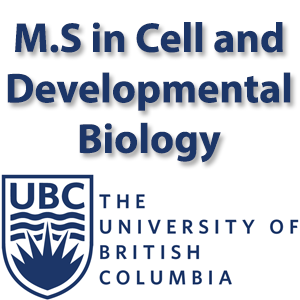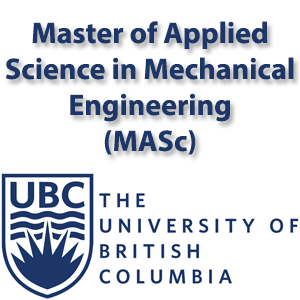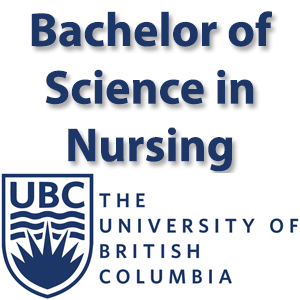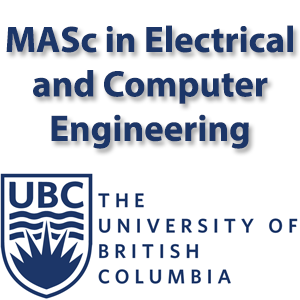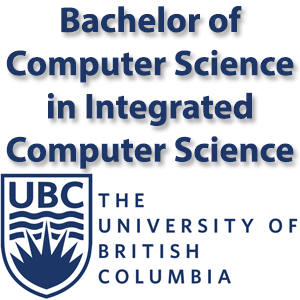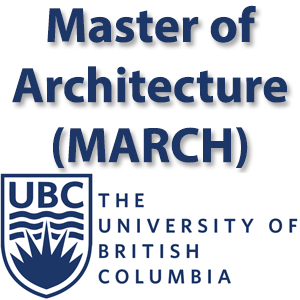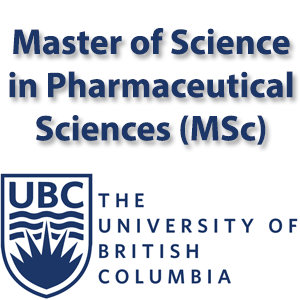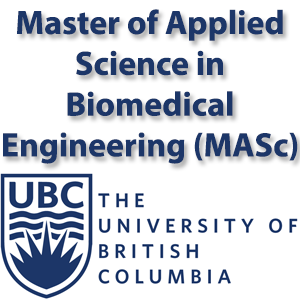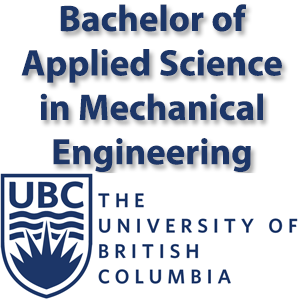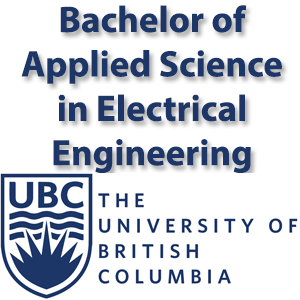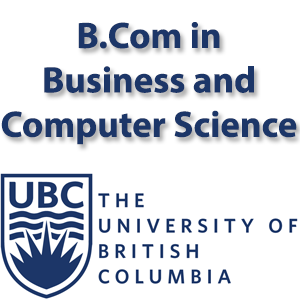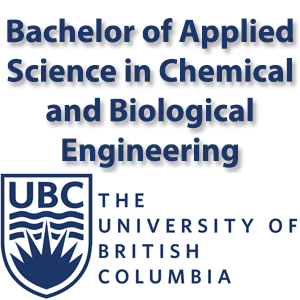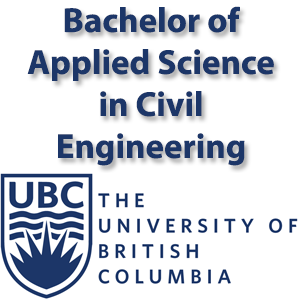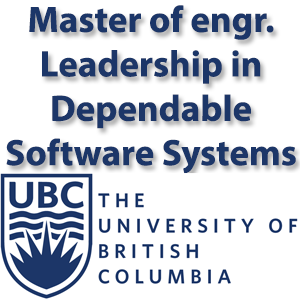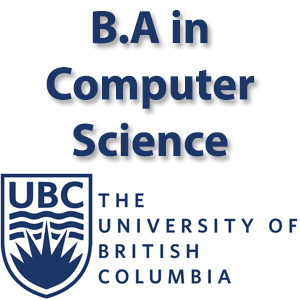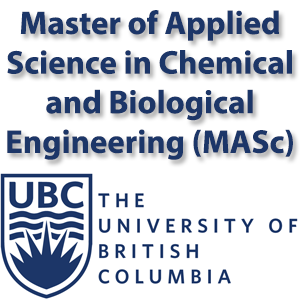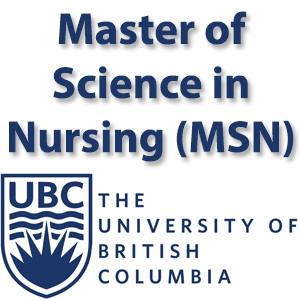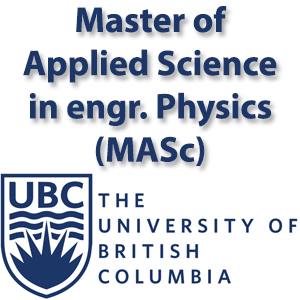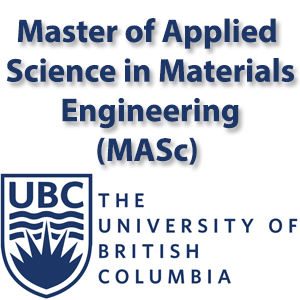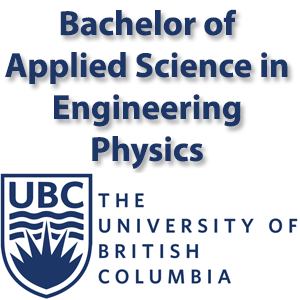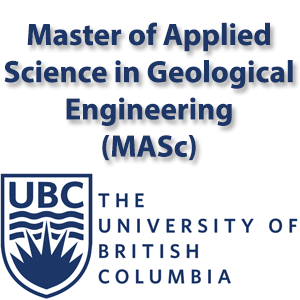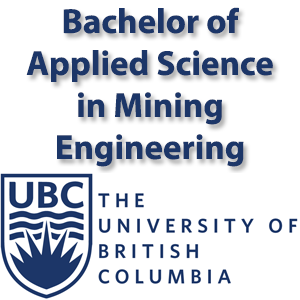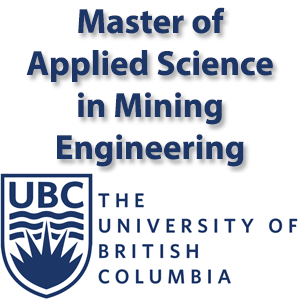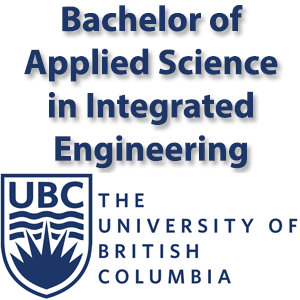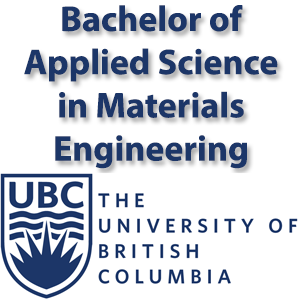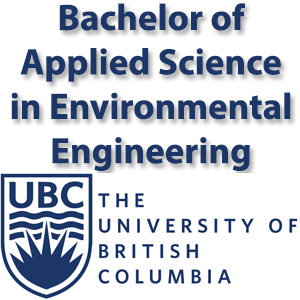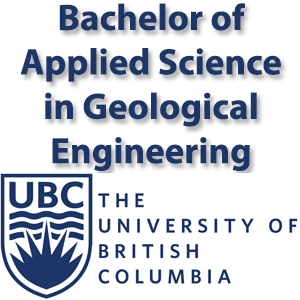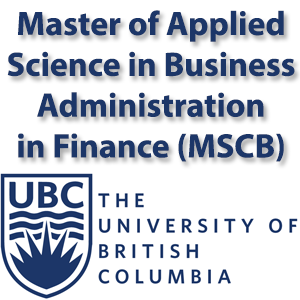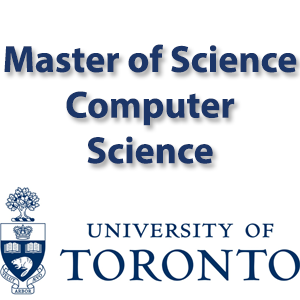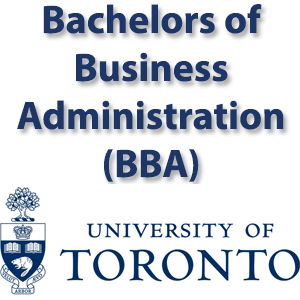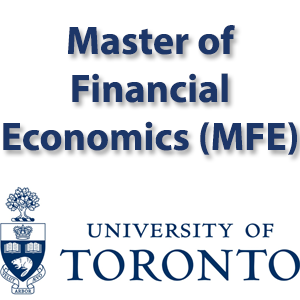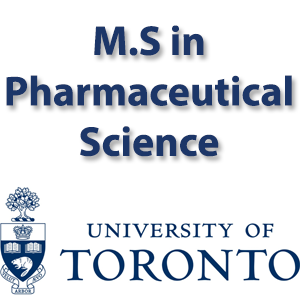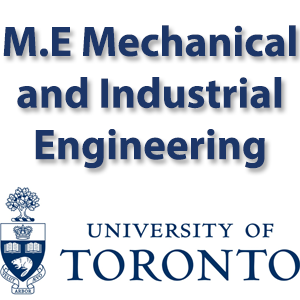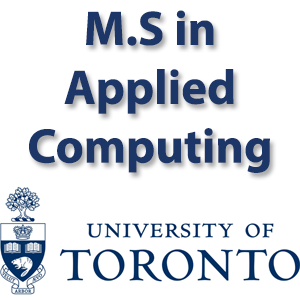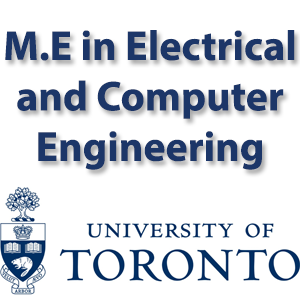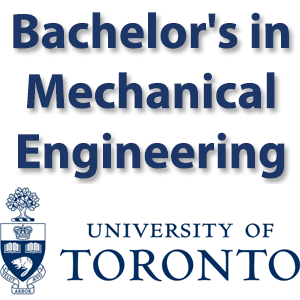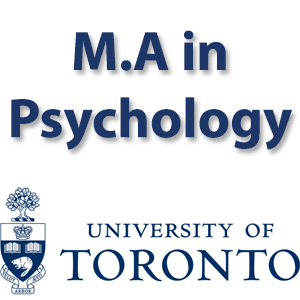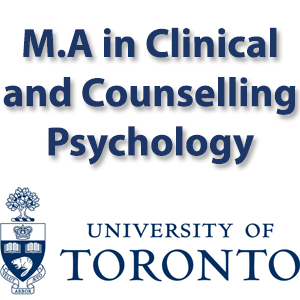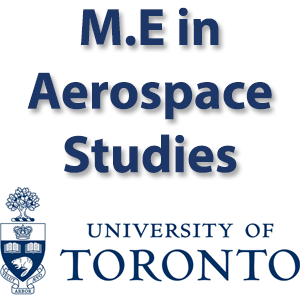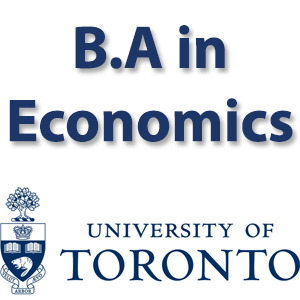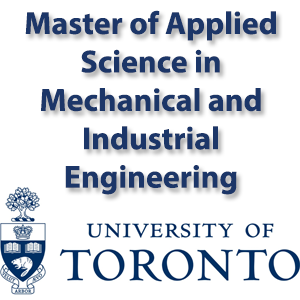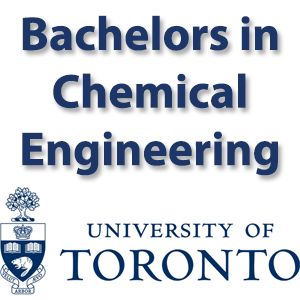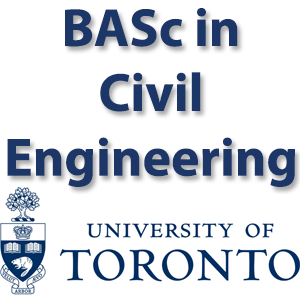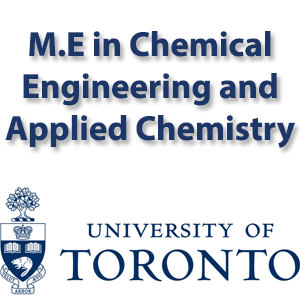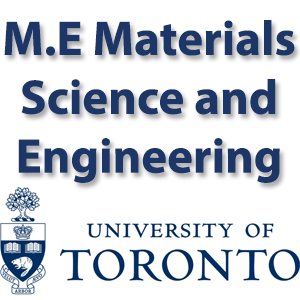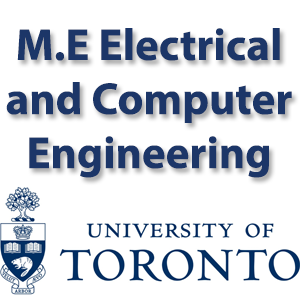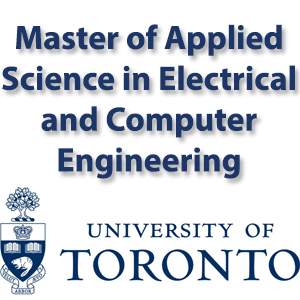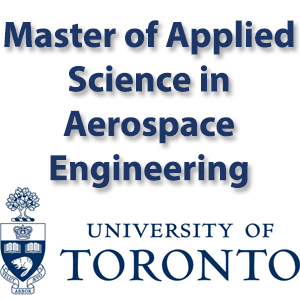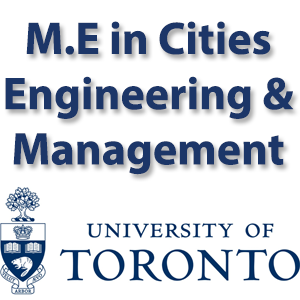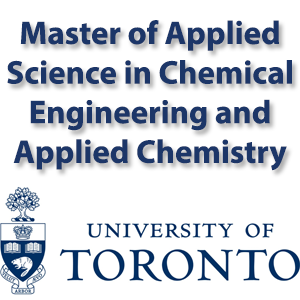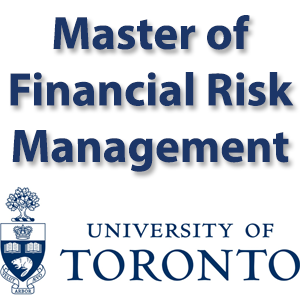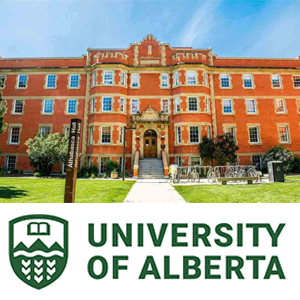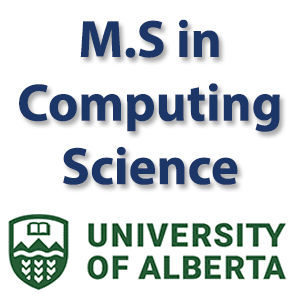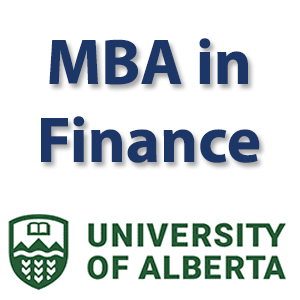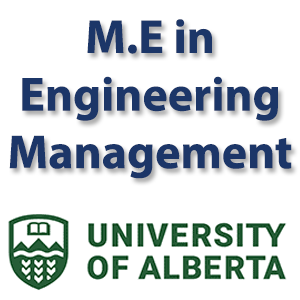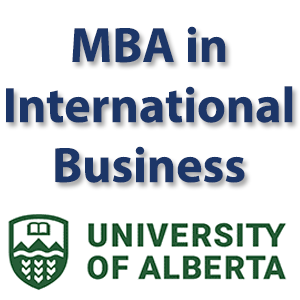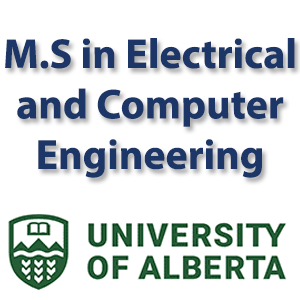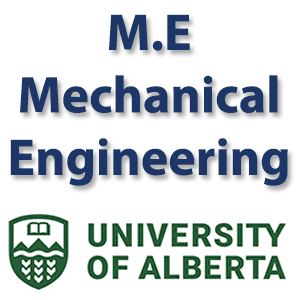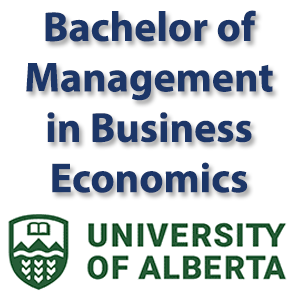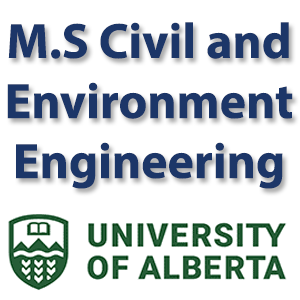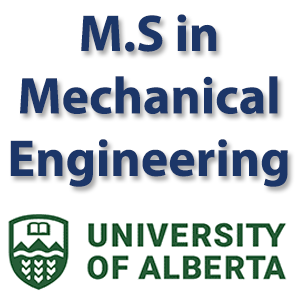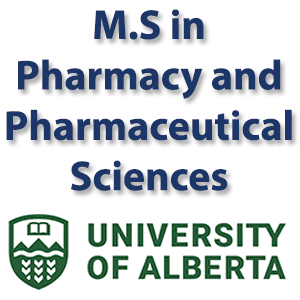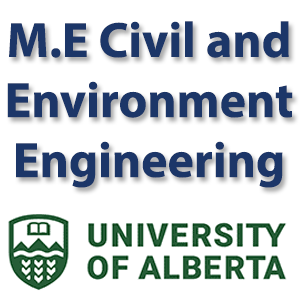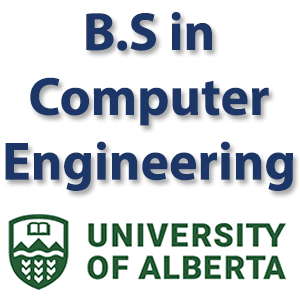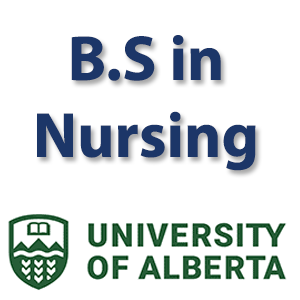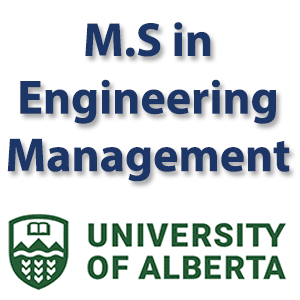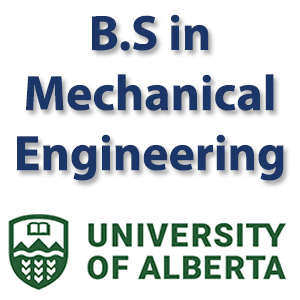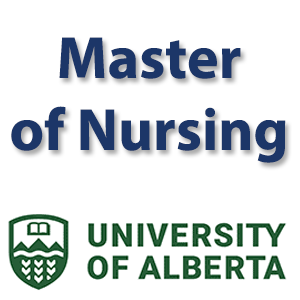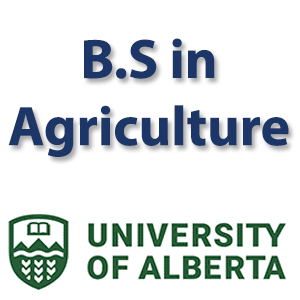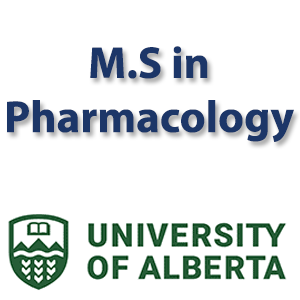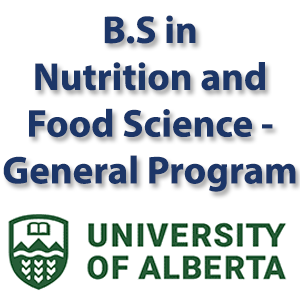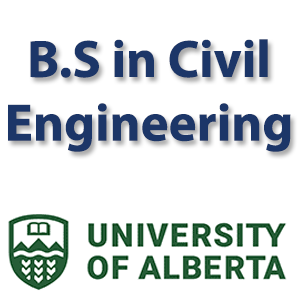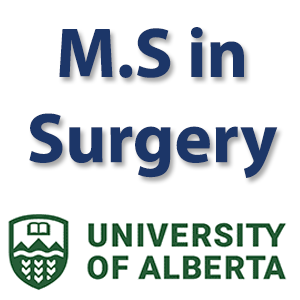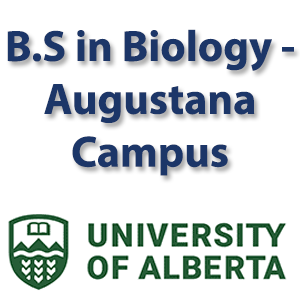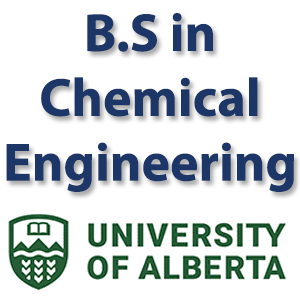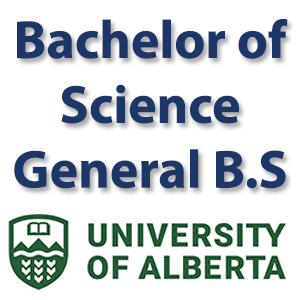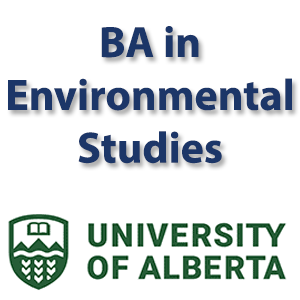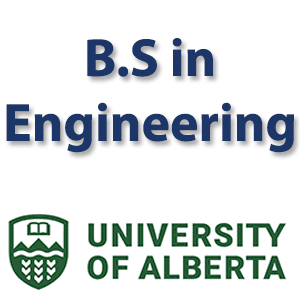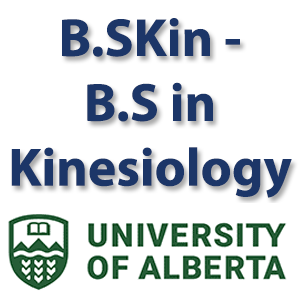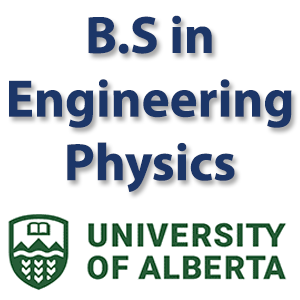Common International Admission Requirements
Below you can find general admission requirements for the most common international curriculums.
Central Board of Secondary Education (CBSE)
General Requirements:
- All India Senior School Certificate awarded by CBSE.
- Class 12 State Board Examinations with excellent results will also be considered on an individual basis.
- Five Class XII subjects including all prerequisite subject(s) for selected program.
- Average is calculated on Class XII predicted grades.
- Minimum average required for admission consideration varies by program.
- Math and Science Equivalencies:
- Class XII Mathematics = Pre-Calculus (MHF4U) & Calculus (MCV4U)
- Class XII Biology = Biology (SBI4U)
- Class XII Chemistry = Chemistry (SCH4U)
- Class XII Physics = Physics (SPH4U)
- Class XII Applied Mathematics is not considered equivalent to any math prerequisite courses.
- Applicants who are unable to enroll in Class XII Mathematics and are seeking admission to programs with math prerequisites must provide proof of enrolment-at the time of application-in either the Ontario 4U math course(s), offered by a Ministry-approved school (in-person/online), or in an equivalent course.
Documents Required for Review:
- Class X board results
- Class XI transcript
- Class XII predicted grades
Council for the Indian School Certificate Examinations (CISCE)
General Requirements for Admission
- Indian School Certificate awarded by CISCE.
- Class 12 State Board Examinations with excellent results will also be considered on an individual basis.
- Five Class XII subjects including all prerequisite subject(s) for the selected program.
- Average is calculated on Class XII predicted grades.
- Minimum average required for admission consideration varies by program.
- Math and Science Equivalencies:
- Class XII Mathematics = Pre-Calculus (MHF4U) & Calculus (MCV4U)
- Class XII Biology = Biology (SBI4U)
- Class XII Chemistry = Chemistry (SCH4U)
- Class XII Physics = Physics (SPH4U)
Documents Required for Review
- Class X board results
- Class XI transcript
- Class XII predicted grades
Admission Requirements
Admission criteria for international students vary based on the educational curriculum:
General Requirements
- A minimum of five Grade 12 subjects, including program-specific required courses
- English 12 or equivalent
- Math and Science prerequisites, depending on the program
English Language Proficiency:
- TOEFL iBT: Minimum score of 86, with at least 20 in each of the four categories
- IELTS: Overall score of 6.5, with no band below 6.0
- CAEL: Overall score of 70, with no component below 60
- PTE Academic: Overall score of 60, with at least 60 in both Writing and Speaking
Welcome to a Brighter World
McMaster University is ranked among the top 100 public universities globally. As the home to over 70 research institutes and more than 37,600 students, we pride ourselves as a hub for innovation, discovery and growth.
Our Story
At McMaster, we collaborate across disciplines to solve some of the world’s toughest challenges, working together to improve people’s lives and contribute to our global knowledge base.
Creating a Brighter World
McMaster University is building a brighter future for all.
We rank among the top 100 public universities globally and, through our cutting-edge research and world-class teaching and learning, we are advancing human and societal health and well-being in our community and around the world.
We are pioneers of problem-based learning, evidence-based medicine and home to the largest university-based nuclear research reactor in Canada. McMaster is one of Canada’s most research-intensive universities, where faculty and students work across disciplines to find creative solutions to the complex problems of our time.
This is our story.
Employer
Our most valuable asset is the people who choose to call McMaster home.
We strive to attract, develop and retain the best researchers, faculty and staff in the world.
- Selected as a Hamilton-Niagara Top Employer for the past nine years.
- Recognized as one of Canada’s Best Diversity Employers seven years in a row.
- One of the largest five employers in Hamilton.
- More than 14,000 jobs are created as a result of McMaster’s annual operating expenditures in the economy. This includes more than 8,000 faculty and staff who are employed directly by the University.
Educator
McMaster is committed to taking a collaborative, interdisciplinary approach to advancing human and societal health and well-being.
Our students gain practical experience linked to their education and career goals through internships, co-op, academic placements, career placements, career planning courses and workshops. More than 100 courses across our Faculties of Business, Engineering, Health Sciences, Humanities, Science and Social Sciences support these hands-on student experiences.
Our students are contributing to global knowledge and finding creative solutions to some of our most complex challenges.
McMaster History
Foundation
1887
McMaster University was founded on April 23, 1887, in Toronto. The university was named in honour of Senator William McMaster, who bequeathed a gift of $900,000 to establish the school. McMaster’s first class began their studies in 1890 in the Faculties of Arts and Theology. The Alumni Society was founded after the first class graduated in 1894.
Relocation
1930
McMaster University moved from Toronto to Hamilton. The lands and new buildings were secured through gifts from alumni, members of the churches of the Baptist Convention of Ontario and Quebec, and Hamilton residents. Hamilton Hall was named in honour of the citizens of Hamilton who raised $500,000 to establish the McMaster campus in the city’s west end.
Alumni Memorial Hall
1951
Alumni Memorial Hall opens, honouring the students and alumni who died during WWI and WWII. The building, which was made possible through a fundraising campaign from the McMaster Alumni Association, served as the University’s first student centre and alumni office.
McMaster goes public
1957
Originally founded as a Baptist university, McMaster became a publicly funded, non-denominational institution in 1957. This was also the year that McMaster established the Faculty of Graduate Studies.
Nuclear Reactor
1959
This year marked the beginning of operations for the McMaster Nuclear Reactor. It was the first university-based research reactor in the British Commonwealth and today, it’s one of the world’s largest suppliers of the medical radioisotope iodine-125, which is used in the treatment of prostate cancer.
Decade of growth
1960s
This decade saw an incredible amount of growth on campus, with a student body of 1,698 at the beginning of the decade and 7,931 by the end.
The decade also saw the opening of ten new buildings, including four residences and the Ivor Wynne Athletic Centre. In 1968, McMaster Students Union opened the first student-run pub – the Rathskellar – and in 1969, McKay Hall became McMaster’s first co-ed residence.
Tuition fees 2025-26
- Tuition is charged at a board-approved base rate per unit that is specific to each Faculty.
- Tuition fees are charged by unit. A typical course = 3 units, however some faculties (e.g. Engineering, Nursing, etc.) offer courses that are weighted higher, and therefore, worth more than 3 units. The last digit of the course code indicates the unit weighting for a particular course.
- A typical full course load is 5 courses in both the fall and winter terms, equaling 15 units / term or 30 units / academic year
- Consult the Undergraduate Calendar for a complete listing of courses by program.
- Fees are subject to change.
- Fees are scheduled to be posted to student’s accounts the first week of August.
Any cancelled units will result in cancellation fees. Don’t forget to review the Terms and Conditions of Enrolment before you begin to add courses.
Supplementary fees 2025-26
We all support the McMaster community! This includes infrastructure, programming and services for full-time and part-time students. Our supplementary fees are not user fees but similar to a tax, collected to sustain our community’s success.
- These mandatory fees are paid to McMaster along with other fees and will be refunded separately.
- They are voted on by students through a student referendum.
- They go to support programs and services available to students of both part-time and full-time status.
- They are broken down into flat fees and per-unit fees.
- Students are encouraged to enrol in courses for the full academic year (Fall and Winter) at the same time so their supplemental fees are applied correctly.
- If you are covered under a parent or work health and dental plan, you can opt out of
- MSU plans from September 1 to 30 through a separate online process. Visit the MSU website for details. Only Heath and Dental insurance and Hamilton Bike Share pass can be opted-out of.
Fees are subject to change up to the payment deadline dates. Please monitor your student account.
University Policy on Supplementary Fees: If at any time during a fall/winter session, you enrol in 18 units or more, you become an MSU student. You are then entitled the services of an MSU student and are responsible for the MSU supplementary fees, even if you drop back down under 17 units at a later date in the same fall/winter session.
Please visit the MSU website regarding any inquires regarding part-time vs. full-time.
**Note: These fees are charged as a one-time fee in the fall term.
Academic, Financial and Administrative User Fees 2025-26
The following fees are in effect and are over and above assessed academic fees, supplementary fees, residence fees and meal plans fees.
Scholarships
McMaster University offers a range of scholarships and financial aid options for international students:
- Entrance Awards: Undergraduate students paying international tuition and entering McMaster in Fall 2024 can apply for awards ranging from CAD 7,500 to CAD 210,000.
- Faculty of Science Dean’s Global Excellence Award: Valued at CAD 7,500 per year for Levels II–IV, awarded to eligible international students enrolled full-time in an Honours Faculty of Science program.
- Other Scholarships: Additional awards are available based on academic excellence, leadership, and community involvement. Details can be found on the McMaster University scholarships page.
I have applied to a graduate program. Will I be impacted by any changes to the study permit program?
Yes, applicants to graduate programs are not exempt from these new changes. You will need to use the McMaster PAL tool to determine if you are eligible to obtain a Provincial Attestation Letter.
I am applying to McMaster as a visiting graduate student. Do the changes to the study permit program affect me?
If your activity as a visiting graduate student is to study (e.g. taking courses) for 6 months or longer, you will likely need a Provincial Attestation Letter.
If your activity as a visiting student is to research (e.g. participating in a research internship), you will need to consult McMaster’s Immigration Advising team at immigration@mcmaster.ca to determine your immigration needs.
In your email to the Immigration Advising Team, please provide the following information:
- Dates of your visit
- Your country of citizenship
- Your intended activity (e.g., research or taking courses)
- If you are conducting research, how your visit is funded (e.g., the name of your scholarship)



